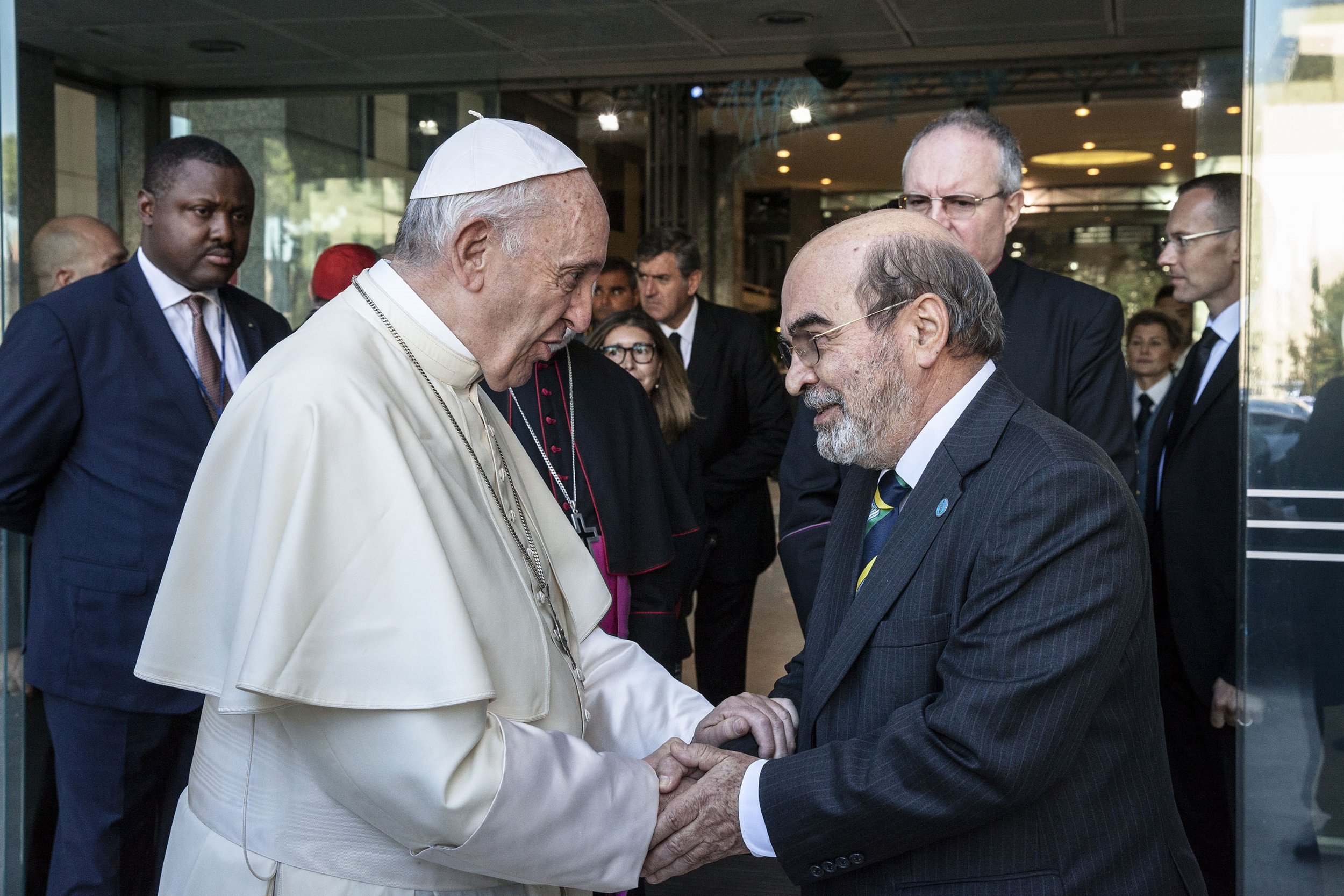
More Americans think it's not necessary to believe in God to be moral, including both religious and non-religious people.
Fifty-six percent of Americans say that it's "not necessary to believe in God to be moral and have good values," compared to 49 percent who said the same in 2011, according to a study that the Pew Center, a research group, published on Monday.
Part of the uptick is the growth of religious "nones" – people who identify as atheist, agnostic, or "nothing in particular." They "are more likely than those who identify with a religion to say that belief in God is not a prerequisite for good values and morality," the study's authors wrote. "So the public's increased rejection of the idea that belief in God is necessary for morality is due, in large part, to the spike in the share of Americans who are religious 'nones.'"
But it's not just the atheists and agnostics. Even religious people – Protestants and Catholics – increasingly think that belief in God is not necessary to be moral. Forty-one percent of Protestants and 49 percent of Catholics agreed, up from 37 percent and 47 percent, respectively, in 2011. Somewhat less surprising, 85 percent of religious "nones" said that you could be good without God, up from 78 percent in 2011.
A modest uptick, the results are a reflection of a changing religious landscape in America. White Christians, once the dominant religious demographic here, is now a minority. The Public Religion Research Institute (PRRI)—a nonprofit, nonpartisan research group—reported in September that white Christians now account for 43 percent of the population, which is a plummet from the 81 percent they represented in 1975. PRRI also reported that non-Christian religious groups in America were growing, but at a modest rate.
Despite these shifts, President Donald Trump affirmed his support for Christians last week. Trump gave an impassioned speech on Friday to a group of conservative Christians and advocated for religious freedom. At the Values Voter Summit, he said, "I pledged that in a Trump administration our nation's religious heritage would be cherished, protected and defended like you have never seen before...That's what's happening. That's what's happening. You see it every day, you're reading it."
He also took the time to advocate for the phrase "Merry Christmas," and to invoke the First Amendment, while in the same week he implied someone should revoke NBC's license for reporting on him in a negative light.
With all of the Fake News coming out of NBC and the Networks, at what point is it appropriate to challenge their License? Bad for country!
— Donald J. Trump (@realDonaldTrump) October 11, 2017
"Religious liberty is enshrined in the very first amendment of the Bill of Rights, and we all pledge allegiance to – very, very beautifully – one nation under God," Trump said. "This is America's heritage, a country that never forgets that we are all, all, every one of us, made by the same God in heaven."
Uncommon Knowledge
Newsweek is committed to challenging conventional wisdom and finding connections in the search for common ground.
Newsweek is committed to challenging conventional wisdom and finding connections in the search for common ground.
About the writer
Melina Delkic is a staff writer for Newsweek covering the guns and drugs beat.
To read how Newsweek uses AI as a newsroom tool, Click here.








